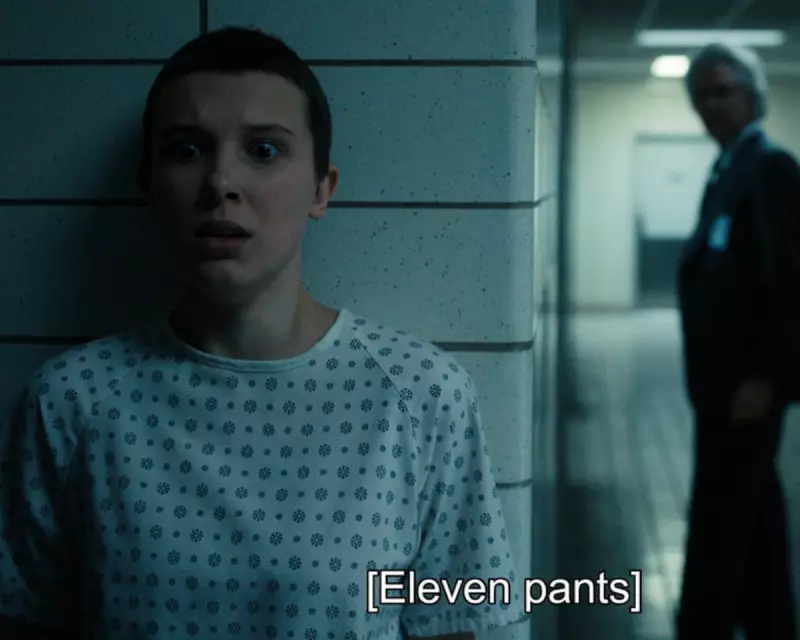
A quiet revolution is taking place in the backrooms of Britain's film and streaming industry, one that threatens to silence the very voices it claims to amplify. Major studios, driven by cost-cutting and technological fervour, are increasingly replacing highly-trained human subtitlers with artificial intelligence for creating Subtitles for the Deaf and Hard of Hearing (SDH).
While executives tout the speed and efficiency of AI, a Guardian investigation has uncovered a wave of concern from accessibility advocates and industry professionals. They warn that the nuanced, culturally-aware work of human experts is being replaced by algorithms that frequently miss the mark.
The Human Touch vs The Machine's Guess
SDH is far more complex than standard subtitles. It requires describing crucial non-dialogue audio—a tense musical score, a sarcastic sigh, the ominous creak of a floorboard—that provides essential context for Deaf and hard-of-hearing viewers. This is where AI is stumbling.
"The AI might transcribe the words correctly," explains one subtitler with over a decade of experience, who wished to remain anonymous for fear of reprisals, "but it can't interpret the emotion. It will label a piece of sad, melancholic music as 'upbeat jazz' or miss the significance of a distant siren that foreshadows a plot point. It strips the soul from the story."
A False Economy?
The push for AI is framed as a necessary evolution, promising to slash costs and turnaround times. However, insiders argue this is a false economy. The current output from AI systems requires such extensive human correction to meet basic standards that the promised savings are illusory.
More importantly, the cost is being borne by the Deaf community, who are being presented with a substandard product. This move risks creating a two-tier system of access, where the quality of description for disabled audiences is deemed less important.
What's Being Lost?
- Cultural Nuance: AI struggles with idioms, accents, and slang, often providing literal and confusing translations.
- Emotional Intelligence: Machines cannot discern sarcasm, irony, or subtle emotional shifts in dialogue.
- Creative Description: Judging how to describe a complex sound (e.g., "a cacophony of chaotic city noise" vs. "loud traffic") is an art form that AI lacks.
- Consistency: Human teams ensure character names and sound descriptions are consistent throughout a series; AI can produce baffling inconsistencies.
As one accessibility campaigner put it, "This isn't just about words on a screen. It's about equal access to art and culture. By de-skilling this process, studios are telling Deaf viewers their experience is not worth the investment." The question now is whether the film industry will listen to the human experts before the algorithms render their voices inaudible.





